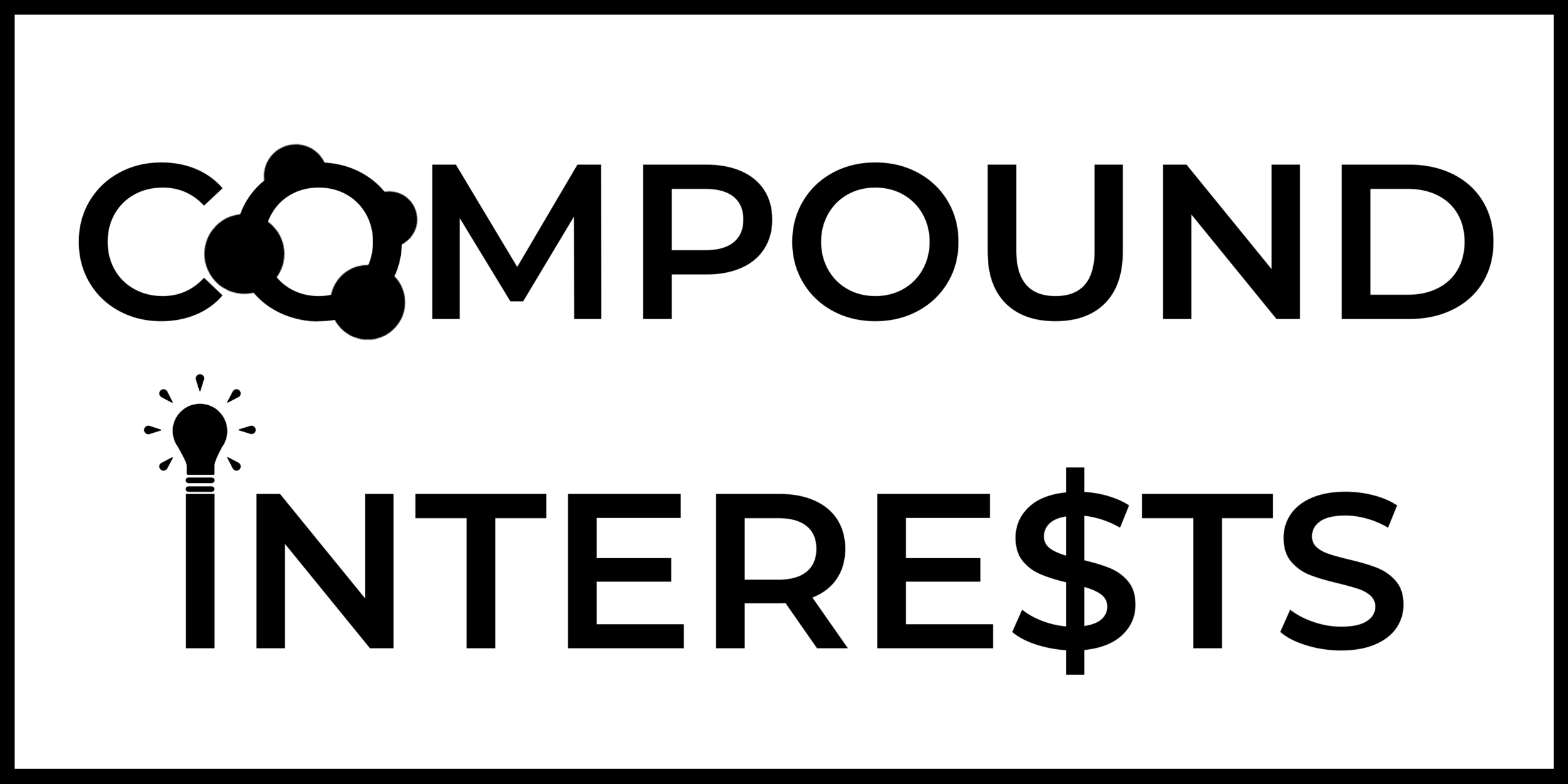BlueMassGroup Blog: The Hypocrisy Of Allowing Alcohol Ads On The MBTA
This is a blog post that was originally published on BlueMassGroup on October 6, 2015.
It’s looking like the MBTA, which has refused advertisements from groups that educate patients about medical marijuana, may start allowing makers of a highly addictive drug to advertise their wares on the T. From WBUR:
As the MBTA looks to aggressively increase its advertising revenue, Chief Administrator Brian Shortsleeve appears to be laying the groundwork for a proposal to reverse the T’s ban on alcohol advertisements.
The transit agency banned all alcohol ads in 2012, but Shortsleeve told the T’s control board on Monday that allowing alcohol ads was one of the recommendations he was looking at as the T seeks to double ad revenue in the next few years.
While this would certainly raise revenue — the alcohol industry is very well-heeled and always seeking to get more consumers, especially heavy consumers — it wouldn’t be worth it. If you only know me from my work on marijuana legalization, this stance may surprise you, but I’m actually not in favor of advertising for any recreational drug, whether that’s alcohol, tobacco, marijuana, or otherwise.
Our country and state have a serious problem with alcohol abuse and addiction (for example, Massachusetts is in the top quartile for alcohol poisoning deaths), and ads almost always glorify drinking with sex appeal and other misleading messages (and no sort of warning of its side effects, like we have for prescription drug ads). We realized this was a bad thing for tobacco and banned those advertisements on television and many other media, but paradoxically don’t do the same with alcohol, which is more dangerous in many ways.
If we want to reduce alcohol abuse and addiction, we should be doing more to restrict alcohol advertising, treating it the way we do tobacco. Re-opening the MBTA to alcohol advertising won’t single-handedly cause addiction, but it’s a step in the wrong direction. I wouldn’t be surprised if the ~$1.3 million in ad revenue raised by the T ends up costing the state far more in substance abuse treatment, lost productivity, and worsened health.
